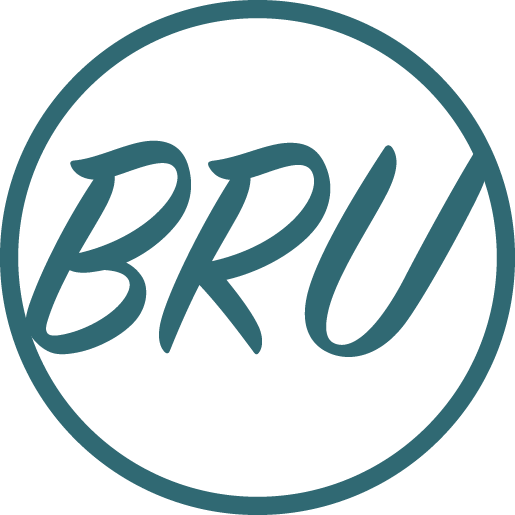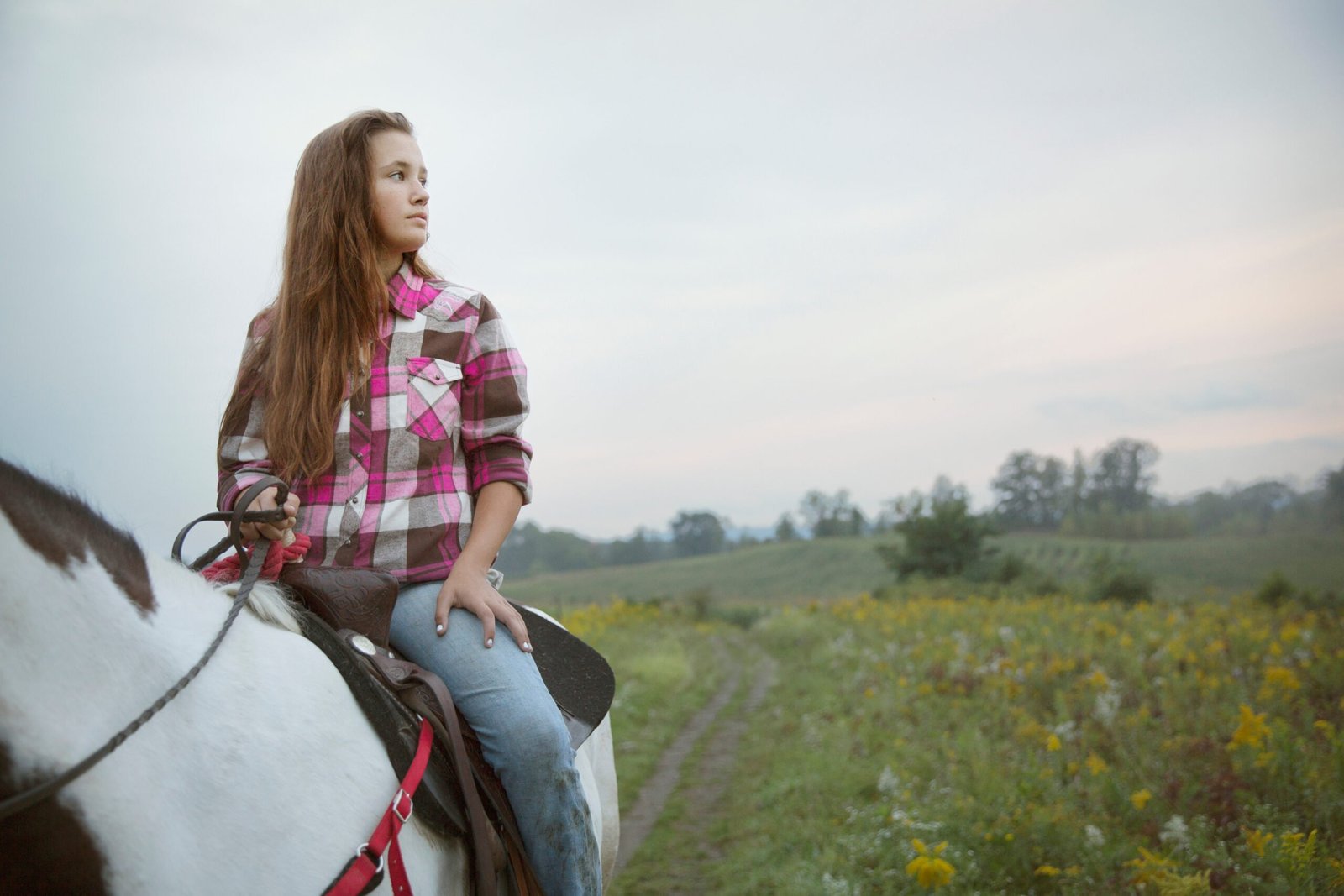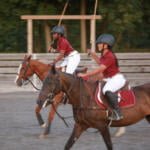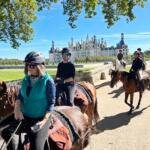Have you ever felt out of place in the horse community? Have you wondered whether you qualify as a “real” equestrian due to your appearance, culture, race, body type, age, level of achievement, background, or financial situation? If you have, you’re not alone!
Despite our shared love for everything equine, most horse people struggle with imposter syndrome and have felt—or will feel—out of place at some point. However, when we learn to appreciate and share our unique personal stories, it can help combat this situation and build a stronger and better equestrian community.
What Does it Mean to Be a Successful Equestrian?
Many equestrian headlines highlight riders and professionals who have reached the tops of their fields. Having a chance to learn about their journeys is wonderful—every individual has important stories to share. But remember that such examples only represent one version of success.
As humans, we’re prone to comparing ourselves to others, and it’s easy to feel pressure about fitting a certain picture and level of achievement. But here’s the truth—you don’t need to embody one perfect, idealized image of “equestrian” to fit into the horse community.
You may encounter difficult situations and people who make you feel out of place, but if you deeply love what you’re learning and doing, don’t let anyone—including yourself—persuade you that you don’t belong.
The equestrian community is wide and varied. It includes many facets and disciplines. Being a “successful” equestrian looks vastly different for everyone. No two journeys or ultimate destinations will look the same. The important thing is finding the right path for you and prioritizing the needs of the horses you interact with along the way.
As you try to find your one-of-a-kind place in the horse world, resist the urge to negatively compare your circumstances with anyone else’s. If you’re doing your best to learn and further your skills in ways that suit your goals and life circumstances, you’re on the right track. The trails you’re blazing have immense value.

How Can My Story Create Positive Change in the Horse World?
Once you’re able to recognize the great worth of your story, please consider sharing it with others! Discussing your experiences with others isn’t going to fix every problem equestrians face, but it can still be a positive start. Stories are powerful.
Information introduced in story form causes positive brain changes. When we hear about someone’s life through a story, we feel almost like we’re experiencing it ourselves. This process releases oxytocin in the brain, which builds empathy and human connection.
Adora Ajuzie writes, “We need to be more deliberate about the stories that we tell… We need to actively participate in storytelling—no one tells our stories better than we do, so why outsource something that important?”
Similarly, it’s important to share stories of success in many forms. Rider and author Mary Lynne Carpenter writes, “We forget that there is quiet dignity in doing the things that thousands of equestrians do every day, things that are not special, flashy, or newsworthy. The backbone of the horse industry is thousands upon thousands of people like this—people like you and me.”
The contributions everyday horse people make matter, and it’s important to celebrate success in every form. “Portraying a nuanced, multidimensional and realistic view of any person, community or place” can “contribute to a better understanding between people and… promote a more inclusive, more peaceful world.”
Sharing our personal experiences as horse people is often difficult. Remember that it’s not necessary to relate anything you’re uncomfortable with. Be mindful of maintaining healthy boundaries and protecting your privacy.
Not everyone will appreciate your story—but many people will. When everyday horse people are willing to voice their hard-earned knowledge and experiences, we all benefit. These stories create a broader narrative about what it means to find joy, purpose, and success as equestrians.

Does My Story Matter?
Each person’s story matters. International Storytelling Center Director Jimmy Neil Smith stated, “We are all storytellers. We all live in a network of stories. There isn’t a stronger connection between people than storytelling.”
Sharing your story with the horse community can have a bigger impact on others than you might assume, and taking the time to listen to others’ stories can teach you in surprising ways. We won’t always see things the same way, and we don’t need to! But, we can still value and respect each others’ efforts to showcase what makes life with horses so amazing. As a result, the equestrian world will be a stronger, healthier community.
If you have a story about how horses or horse people have improved your life, please consider sharing!






